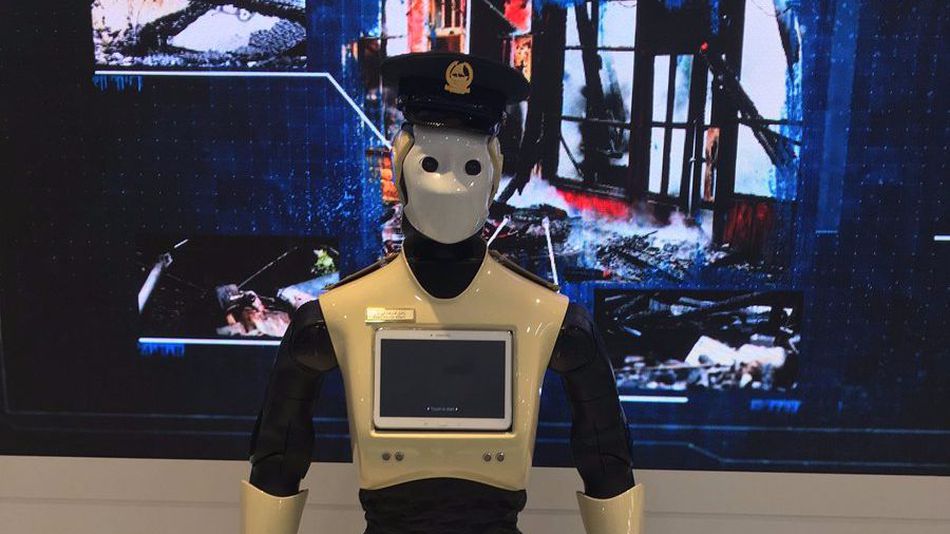In Yuval Noah Harari’s Homo Deus: A Brief History of Tomorrow, his follow-up to Sapiens which picks up from the latter book’s final, futuristic section, the Israeli historian identifies “attaining happiness” as one of the goals of humans in the next century, a process which will probably involve a manipulation of brain chemistry. That aim might be even more elusive than immortality (another goal he discusses), with the author asserting that the right just to pursue happiness is no longer enough. In fact, that messy pursuit is rather costly.
As Harari points out, the lack of happiness is one of the great burdens not only for us personally but for society, filling our jails and hospitals, mostly due to drug abuse. The opioid epidemic isn’t born just of dissatisfaction, but a mass addiction to pain killers is a fairly clear sign that we’re in pain. These and other drugs allow people to “get high” because they feel low. As the author notes, suicide has spiked in advanced cultures as famine, war and plague have been conquered to a great degree. A piece of the puzzle is still missing.
The struggle for happiness has long been known as the “human condition”–it’s what makes us who we are. To borrow a word from gormless film people clutching golden statues, it’s our “journey.” Not everyone agrees today. Some see disquiet as a design error. If we could take a pill that delivered unbridled contentment sans side effects, or if our brain function was manipulated in some other fashion to deliver the same, that would make us something different than what we are. As I’ve mentioned before, technology is perhaps most powerful, for good and bad, when it works flawlessly, when there’s no obvious mess.
I thought of technocracy’s promise of happiness being delivered to us like a taco by a drone when reading a quote in a Euronews report about robot “police officers” being introduced in Dubai. They don’t only shake your hand, but they can also recognize your face. An excerpt:
“Robot cops” will soon be patrolling the streets of Dubai.
A prototype of the new android police officer was recently seen in the halls of the Gulf Information Technology Exhibition (GITEX), Dubai’s annual computer and electronics show.
Equipped with a touchscreen which can be used to report a crime or process traffic violation fines, it can also salute and shake hands, and speaks English, French and Arabic.Its interactive screen and microphone are directly connected to the Dubai Police force. …
“Technology is not our end goal, it’s our enabler,” said Aisha Butti Bin Bishr, Director General of the Smart Dubai Office. “Our end goal is to make our people happier. But we are using technology, innovative technology, to serve people. Later on, you will see one of our applications where we’ve brought almost 27 government entities together on one platform – more than 55 services that can be performed in one place. With a single payment you can perform all government services and transactions.”•
Tags: Aisha Butti Bin Bishr

